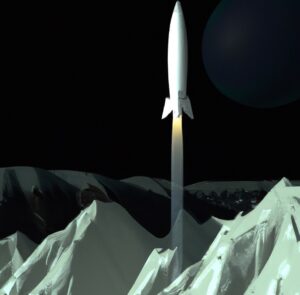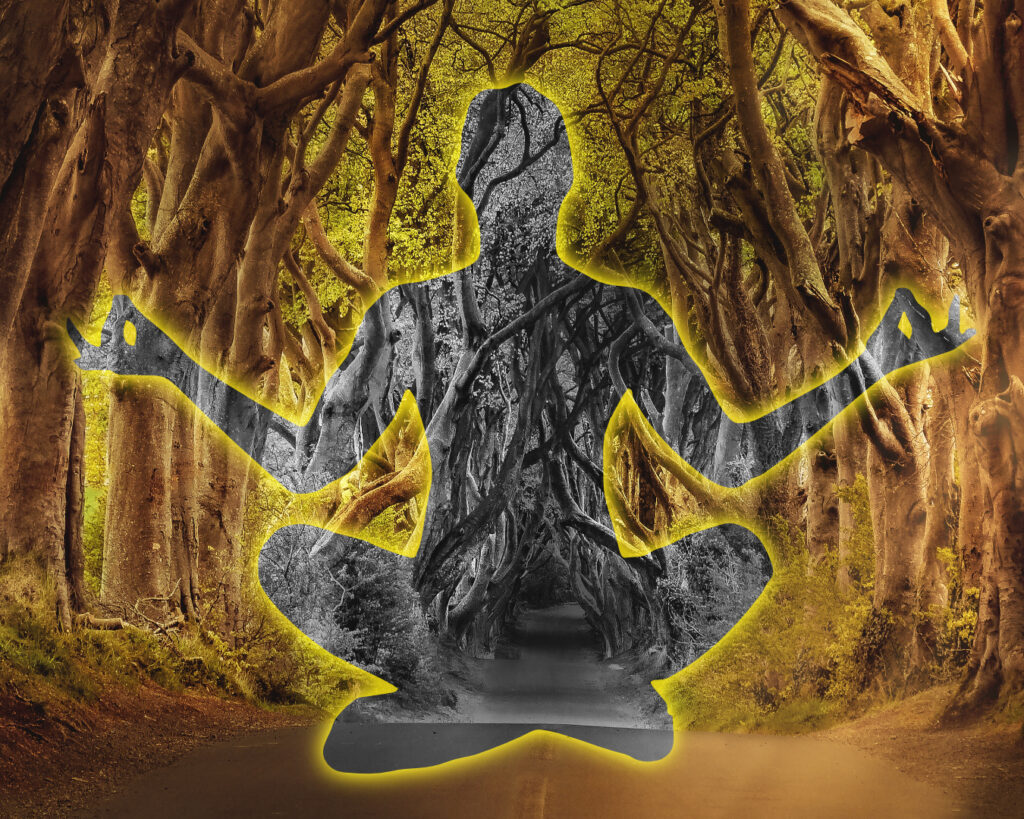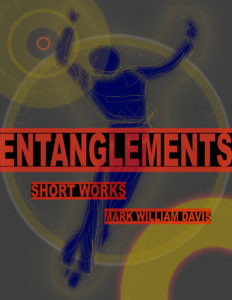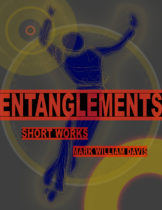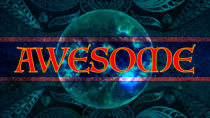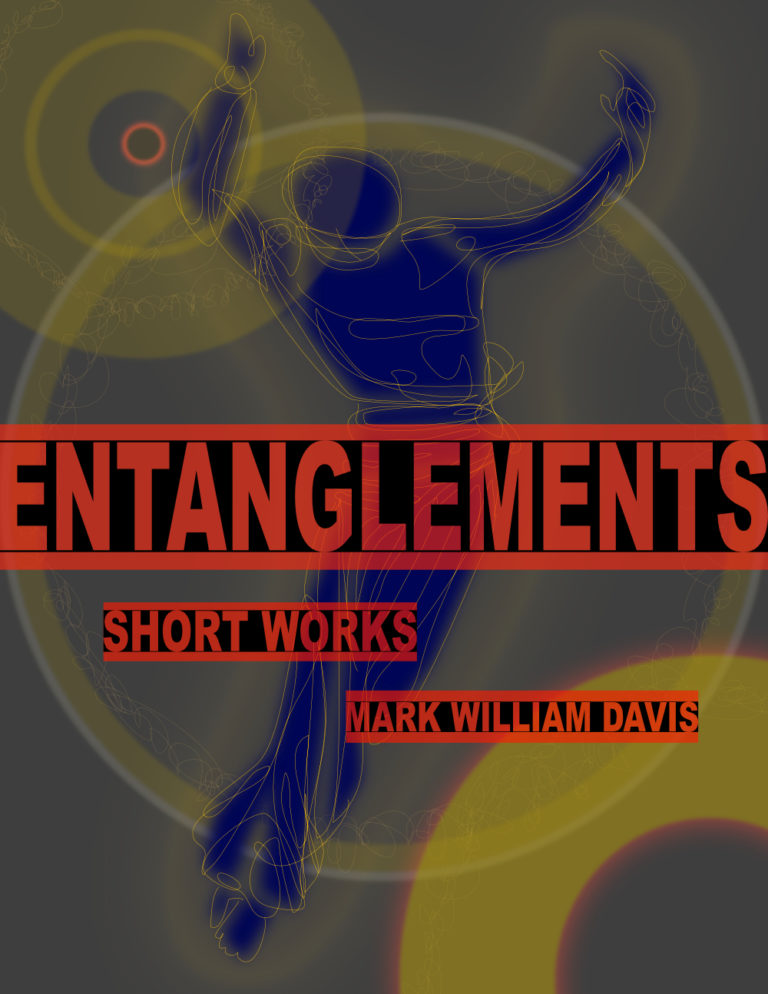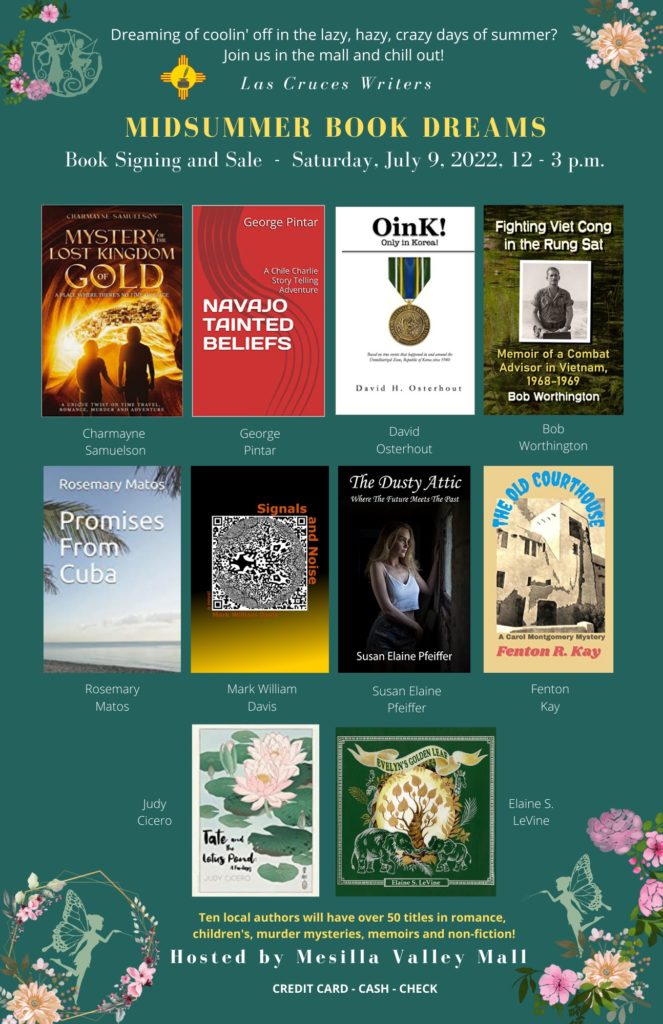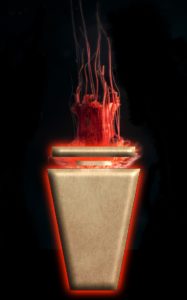 I reread Susan Sontag’s “Against Interpretation” yesterday. Amusing and challenging at turns, the essay calls for an erotics of art in the final sentence, rebuking the need for analysis—interpretation—of what art really means. But how can we proceed with this sensual understanding of art? How can we write about it?
I reread Susan Sontag’s “Against Interpretation” yesterday. Amusing and challenging at turns, the essay calls for an erotics of art in the final sentence, rebuking the need for analysis—interpretation—of what art really means. But how can we proceed with this sensual understanding of art? How can we write about it?
Modernism was plagued by form cut away from content, leaving open how exactly any given piece of art fit against our expectations, the semantic churn of meanings that we want to apply to a work of art. There must be a framework but the depth of analysis is really what Sontag is questioning. Take the examples she gives, like Auerbach’s The Scar of Odysseus. In it, we are scanning around a particular event in The Odyssey, namely the recognition of a scar on Odysseus’s thigh. The author asks us to understand how Homer uses the scar as a focus in the verses, then takes us back to the events in his youth when he was injured. The narrative form is then contrasted and compared with the Old Testament, which might have been compiled around the same time frame as Homer’s work. But what might rise to erotics rather than interpretation? Take the following:
… Read the restThe separate elements of a phenomenon are most clearly placed in relation to one another; a large number of conjunctions, adverbs, particles, and other syntactical tools, all clearly circumscribed and delicately differentiated in meaning, delimit persons, things, and portions of incidents in respect to one another, and at the same time bring them together in a continuous and ever flexible connection; like the separate phenomena themselves, their relationships—their temporal, local, causal, final, consecutive, comparative, concessive, antithetical, and conditional limitations—are brought to light in perfect fullness; so that a continuous rhythmic procession of phenomena passes by, and never is there a form left fragmentary or half-illuminated, never a lacuna, never a gap, never a glimpse of unplumbed depths.
